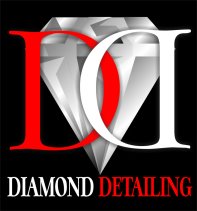LAST MINUTE GUELPH CHRISTMAS GIFT IDEAS
Well, it has been awhile since my last post. Things have been crazy around Diamond Detailing and with Christmas just around the corner it's busier than ever. We have been doing a record breaking amount of retail business - detailing cars prior to the Christmas holidays and selling gift certificates.
It seems we have set a new trend in and among Guelph - apparently Diamond Detailing Automotive Reconditioning Services are on the top of every one's list for X-Mas and with good reason. Auto detailing gift certificates make ideal Christmas gifts! Everyone wants a new car but few can afford it. These last minute gift ideas are perfect. Car detailing helps to recondition, maintain value, restore driving comfort, reduce illness, net a higher resale value, helps to sell cars faster, preserves the longevity and reduces costly repairs. How could anyone go wrong with a gift like that - especially when it is from Guelph's Finest Automotive Detailing Centre.
So, it looks like the New Year will be super busy with people coming in to use their X-Mas gift certificates. It's good to see so many people becoming car care conscientious. It seems like our education has finally paid off. People are spreading the word, buying the greatest gifts for people they love on special occasions and have found value in our services.
In final we wanted to say thanks to everyone who has supported us. On behalf of - Diamond Detailing Automotive Recondition and myself we would like to wish everyone in Guelph a Merry Christmas and a Happy New Year !

























